As the real-world impacts of hurricanes, wildfires, droughts and sea level rise continue to accelerate, it is more clear than ever that the people who did the least to contribute to global carbon emissions are the first to feel the consequences of the climate crisis. Far too often, it is Indigenous, black and island nation communities who are bearing the brunt of the global pollution spewed for decades by wealthy countries of the Global North. For that reason, in addition to our campaigns to challenge abuses of corporate power, Rainforest Action Network (RAN) also provides direct support to the efforts of frontline communities most affected by climate change through our Community Action Grants (CAG) Program.
The CAG program offers easy-to-access grants to frontline groups actively fighting climate change in their communities. These grants can provide a lifeline for communities and organizations that may face challenges gaining access to more traditional funding sources. Since 1993, RAN has distributed more than $6.5 million through over 1,000 grants to frontline communities. In 2023 alone, RAN provided more than $800,000 in support through 86 grants in 17 countries, from the forests of Indonesia to the Amazon to the US Gulf South.
RAN’s Community Action Grants are also diverse in nature because they are initiatives that are grounded in each frontline organization’s unique strategies and organizing style. In 2023, CAG partners created projects to secure land rights, highlight the negative impacts that LNG has on communities, provide training on the intersection of land defense and security, create networks of black and indigenous environmental activists, and even mobilize voters in a referendum against fossil fuel extraction in the Amazon.
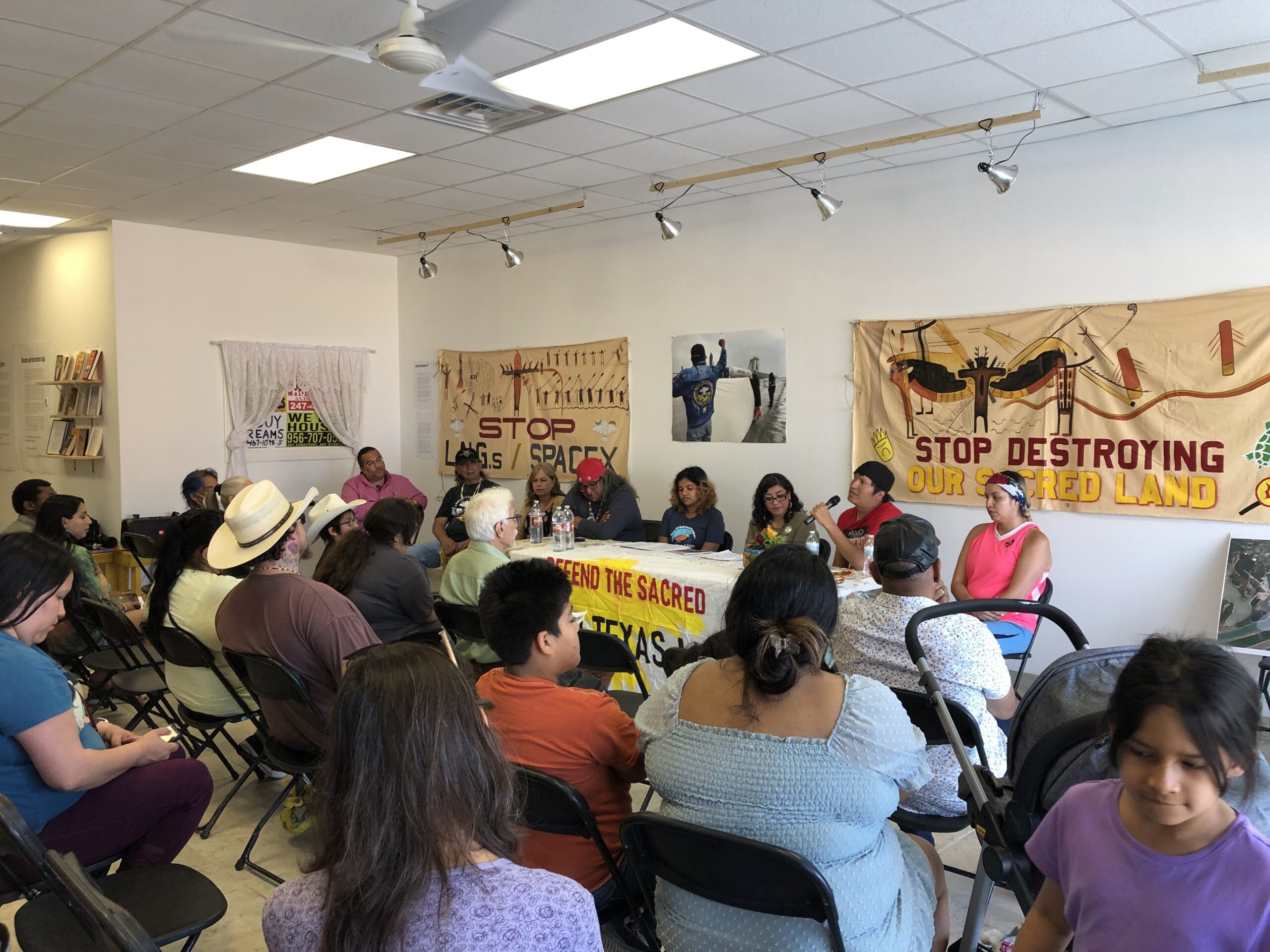
In March 2023, RAN provided the Carrizo Comecrudo Tribe in south Texas with a $10,000 grant to support Bridges to the Ancestors, a youth-led run/walk to raise awareness about methane’s (LNG) toxic impacts, while building alliances across West Texas and down the Rio Grande Valley. The 10-day journey, beginning in late March, passed through frontline communities impacted by LNG, with the goal of highlighting how different facets of LNG affect the community, from extraction and transportation to processing and export. The Carrizo Comecrudo Tribe used the walk to connect and collaborate with other Indigenous Peoples resisting fossil fuels, including a series of nine ‘Town Hall’ meetings organized within the Carrizo Comecrudo Tribe’s ancestral territory.
The CAG program works to strengthen the tools environmental defenders can wield to protect their territory. In May 2023, RAN granted $20,000 to support a delegation of 40 Indigenous people from 14 countries and four continents to travel to the Ecuadorian Amazon to participate in an event organized by Digital Democracy for Earth Defenders. Participants received training on Digital Democracy’s Earth Defenders Toolkit, learned from other Indigenous peoples, shared strategies, and built collective power. Free digital tools were introduced in local languages that can be used for mapping territory, data collecting and monitoring, storytelling, and collaborating and sharing information within communities and with partners. At a time when earth defenders are facing unprecedented repression and even death, trainings like this are fundamental to ensuring our partners can conduct their advocacy work with increased security and visibility.
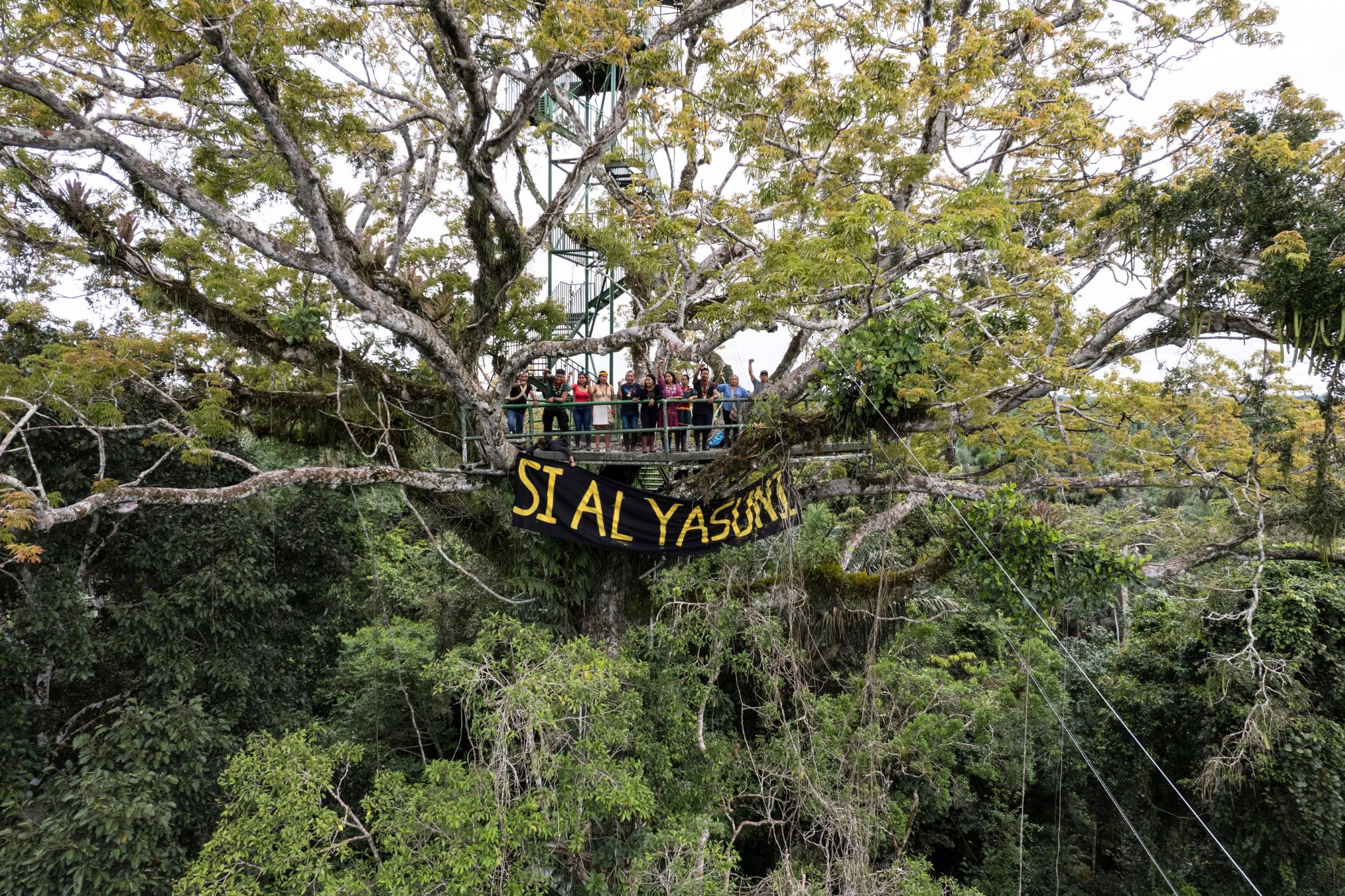
RAN’s CAG program has been at the forefront of supporting major victories against extractivism and for the right of Indigenous people to exercise their autonomy, with the victory of the Yasunidos campaign an important recent milestone. The campaign successfully sought to convince the Ecuadorian people to vote to keep the “Ishpingo – Tiputini – Tambococha” (ITT) oil fields, known as block 43, permanently in the ground underneath the northeast part of Yasuní National Park in the Ecuadorian Amazon, among the most biodiverse places on Earth and home to Indigenous Peoples living in isolation. This meant new drilling plans would be stopped, and all existing wells and extractive infrastructure would be progressively closed down. After the referendum passed in August 2023 with nearly 55 percent of the vote, it made international news and showed a model for hope in a world that seems to be heading toward climate disaster. RAN is proud to have supported an organizing and media campaign to get the referendum passed with a $10,000 grant from the CAG program.
In April 2023, Indigenous land defender Delima Silalahi was nominated by RAN and won the prestigious Goldman Prize for organizing Batak Toba communities in North Sumatra, Indonesia, against the notorious, rainforest-destroying pulp and paper giant TPL. Delima is the Executive Director of KSPPM, which led a campaign to secure legal stewardship of 17,824 acres of tropical forest land for six Indigenous communities, reclaiming this territory from TPL, which had partially converted it into a monoculture, non-native, industrial eucalyptus plantation. The six communities have begun restoring the forests, creating valuable carbon sinks of biodiverse Indonesian tropical forests. This work has been supported in the past by Community Action Grants, and RAN provided additional grant funding in 2023 for ongoing work with 23 Indigenous Tano Batak communities in the Lake Toba region as part of a multi-year effort to secure land rights to more than 50,000 acres.
In another region of Indonesia, RAN supported ongoing efforts to secure Indigenous Forest recognition for the Long Isun community in East Kalimantan. In addition to our ongoing Community Action Grants funding to the community this year, RAN launched a case study highlighting the Long Isun community’s fight for their land rights, and work is ongoing to pressure large multinational brands and banks to stop deforestation in Borneo’s vanishing rainforests. The formal recognition of community land rights is moving forward as government officials made site visits accompanied by Perkumpulan Nurani Perempuan supported by our Community Action Grants program. Project activities include supporting work aligning community members around shared priorities, submitting relevant documentation to regional government agencies, facilitating a boundary resolution process with a neighboring village necessary to finalize the recognition, and pushing to move the process forward through communications work and public pressure.
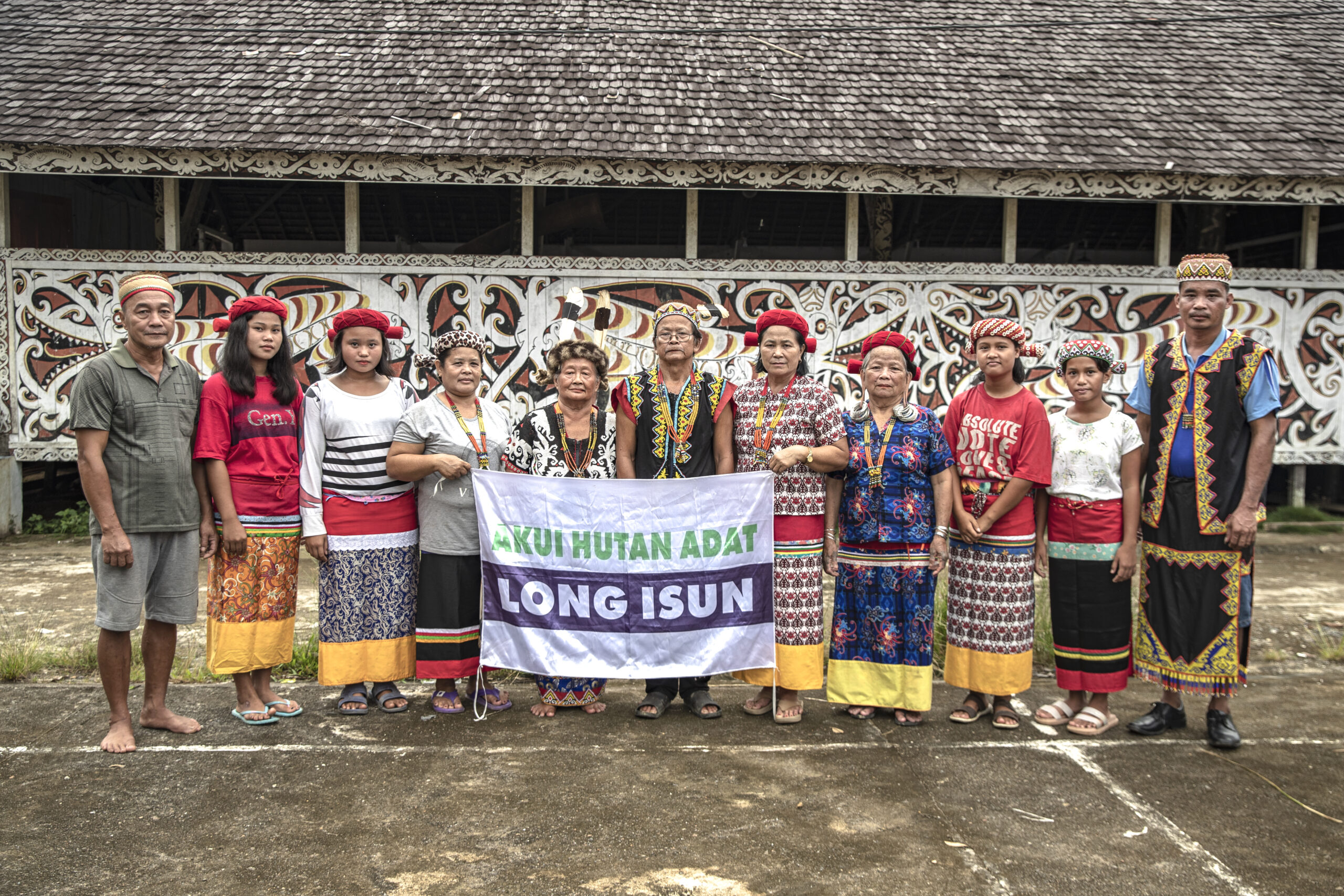
CAG facilitates lasting connections and solidarity between frontline communities through grants that support gatherings and knowledge exchanges. In October 2023, CAG granted $25,000 to support an anti-mining camp and the Black and Indigenous Liberation Movement gathering in Ecuador. The camp brought together 27 Black and Indigenous activists from across the Americas in the heart of Kichwa territory in the Ecuadorian Amazon to share knowledge with the Kichwa people and learn tactics and approaches from their struggle against mining in their territory. The gathering also allowed the Black Indigenous Movement to conduct their annual conference, define strategy, and work on communications narratives. Through grants like this, RAN can help center and uplift the narratives of frontline communities across the globe and help create lasting connections between these communities.
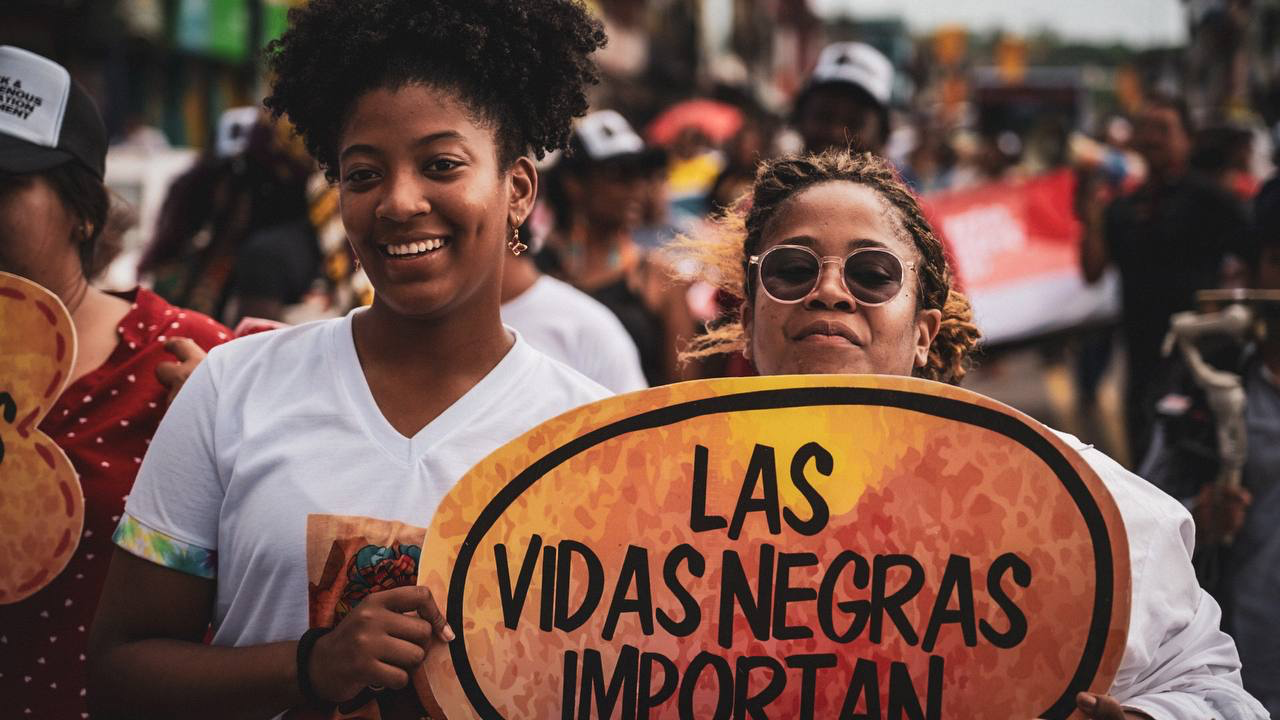
In 2023, Brazil saw historic changes in Indigenous representation following the election of President Luiz Inácio Lula da Silva. President Lula da Silva appointed long-term Indigenous leader Sonia Guajajara as the first minister for the newly created Ministry of Indigenous Peoples. Additionally, Joênia Wapichana, the first Indigenous congresswoman in the country, was appointed by Lula to be the president of FUNAI, the main government body for Indigenous affairs, both of which are firsts for Indigenous women in Brazilian history.
To further support Indigenous rights in Brazil, RAN provided $50,000 through Community Action Grants (and in partnership with Global Greengrants Fund) to support three major Indigenous-led mobilizations in 2023. During the Acampamento Terra Livre (ATL) in April, the theme was Demarcação Já, or “Demarcation Now!” Demarcation is the Brazilian government’s process for the formal recognition and titling of Indigenous lands. These demonstrations resulted in President Lula’s announcement of six new officially recognized Indigenous territories, marking a historic milestone in the multi-generational struggle for Indigenous rights, self-determination, and autonomy. One of the Indigenous territories entering the final steps of the demarcation process is Sawré Muybu, the Munduruku Indigenous land that 2023 Goldman Prize Winner Alessandra Munduruku and her community have been working to get formally recognized for decades. RAN has supported Munduruku land rights and women’s leadership initiatives many times through CAG in close collaboration with our partner, Amazon Watch.
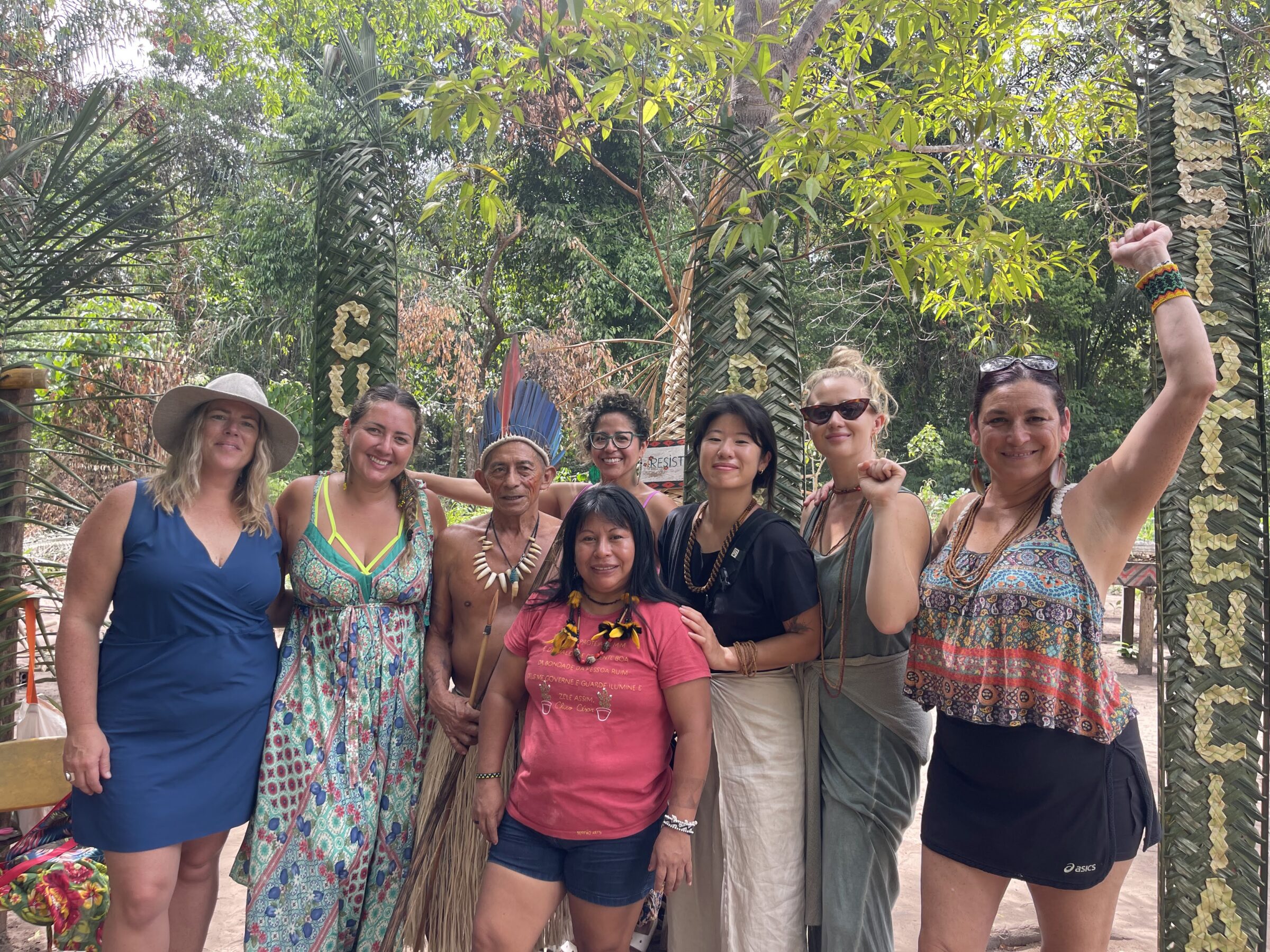
CAG is a key component of RAN’s work, ensuring that frontline communities, particularly Indigenous communities, are able to access funds critical to progress their own work. The program serves to decolonize these funding networks, reflective of the inequalities between the Global North and Global South and the histories of extractivism and colonialism, by facilitating access to funds for organizations that may not be able to access these funding networks. The program is enhanced by RAN’s diverse global team of advisers in constant contact with frontline communities in every corner of the globe.
In 2024, with the help of our supporters, RAN will continue to fund new projects from Frontline communities through our Community Action Grants program. Look forward to stories about projects that RAN will be supporting in the Amazon, the Gulf South, and throughout Asia in the upcoming months through our Profiles in Community Action series.
